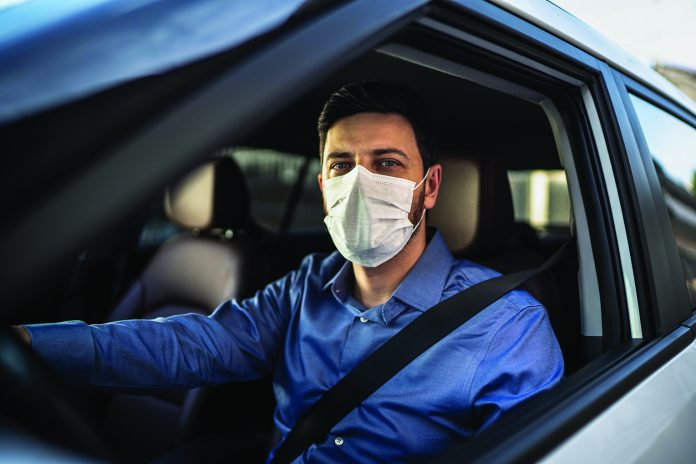The La Mesa city council unanimously approved a resolution on Tuesday which caps restaurant delivery fees from third-party providers such as GrubHub, UberEats, Postmates and others at 15% in an effort to support small business owners.
Verbiage from the resolution states it shall be unlawful for a third-party food delivery company to charge a restaurant fees that total more than 15% of the purchase, or charge restaurants any additional fees beyond 3% of a total online order purchase price.
According to the neutral Restaurant Engine website, restaurants currently pay between 10% and 30% for each delivery made by third-party companies.
La Mesa Chamber of Commerce President Mary England said she believes the 15% cap will allow restaurants to keep a little more money and help some stay in business.
“While all businesses have been struggling during the pandemic, restaurants have been dramatically impacted by the mandated COVID-19 restrictions. They have been open, they have been closed, they have been told they can only offer take-out food, meals delivered by third-party vendors or meals for pickup,” England said.
Little Roma restaurant owner Sergio Bellofatto said delivery services are a classic case of a big fish eating a little one.
“It is like someone coming tomorrow and telling you that you have to pay for the air that you breathe. You don’t agree with that, it is not fair, but you need the air to breath. So you have no choice but to pay,” Bellofatto said.
Bellofatto said he is also frustrated that local customers believe they are supporting his small business by placing to-go orders from his restaurant and tipping delivery drivers more than they normally would, when they actually ordered through one of the delivery apps and are tipping a driver who has no connection to the business and might be delivering for several companies at the same time.
Restaurant owners could forego delivery services and hire their own delivery driver. In fact, Bellofatto, who employs an in-house delivery driver as well as third-party services believes his own employee is faster at getting hot food to customers.
However, he says he has no choice but to use the companies because “people go through the apps, even if they end up paying more money for the food” simply out of convenience.
The Lunchbox Cafe owner Nadia Mahalingham said the delivery service companies are finding ways to charge restaurants more than 15% at this point.
“I wish they would only charge us 15%. That would be amazing during these hard times,” Mahalingham said.
A GrubHub representative said the fees they charge “cover the cost of providing the services we do on behalf of restaurants” and when all of their business costs and expenses are accounted for, the company makes only 1% of total food sales as profit.
The representative also said fee caps are well-intended but counterproductive at a time when restaurants need more support, visibility and order volume than ever, and that they ultimately do the opposite of what they’re intended to do, costing valuable jobs, tax revenues and important economic activity.
Bellofatto said he believes the food delivery companies will find a way to make money off restaurant owners even with the 15% delivery fee cap in place, likely substituting out marketing schemes to boost their profits after restaurants are no longer beholden to delivering food to socially distanced customers.
“If anything, they’ll find a way to make more money,” Bellofatto said.
In the meantime, England said, anything that can be done to support restaurants who are trying to survive during this pandemic should be done and the 15% delivery fee cap is a step in the right direction.














